Introduction:
Excavators, those mighty machines that shape the landscape with precision and power, have captured the imagination of many. From construction sites to mining operations, these versatile workhorses are essential in a wide range of industries. If you’re curious about excavators and want to delve into the world of these mechanical marvels, you’ve come to the right place. In this article, we’ll explore the frequently asked questions about excavators, providing you with a comprehensive understanding of their capabilities, uses, and much more. So, let’s strap on our hard hats and dig in!
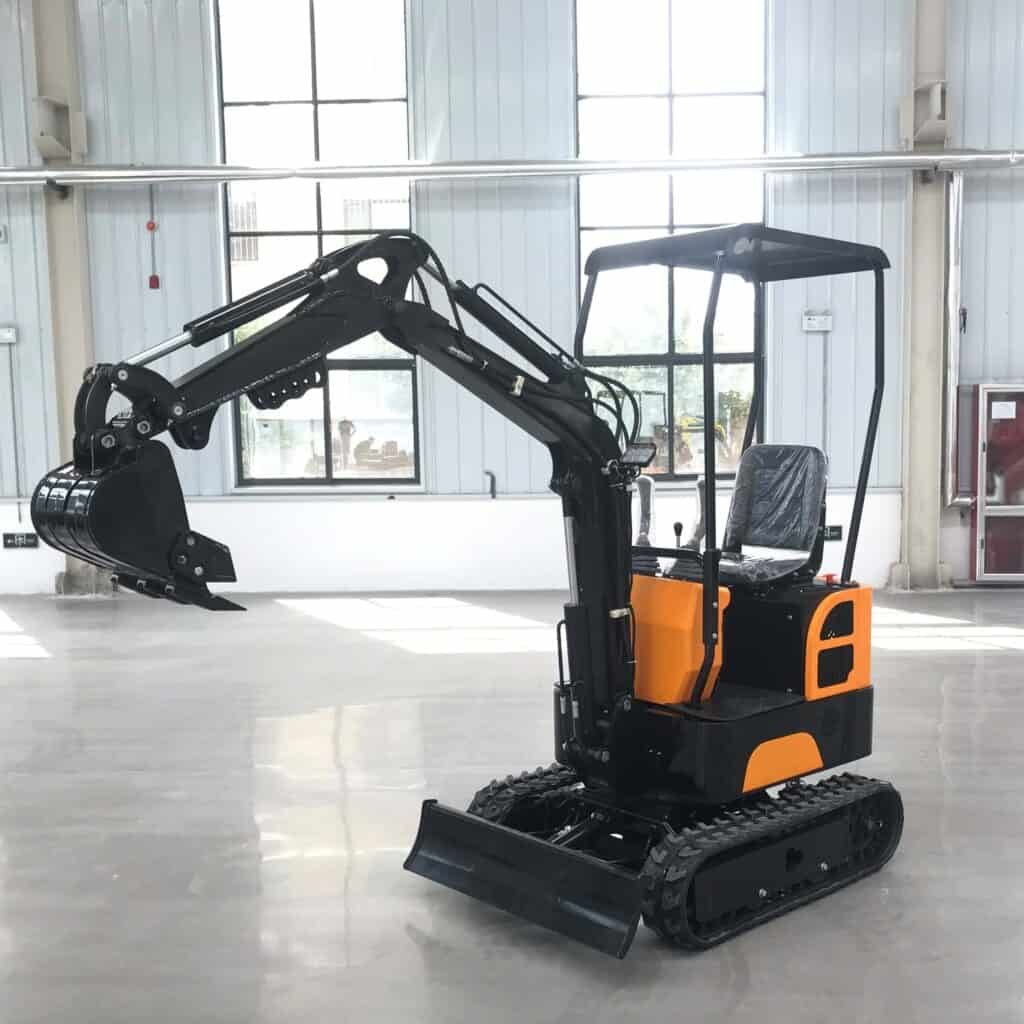
What is an Excavator?
An excavator is a heavy construction machine designed to perform various tasks, primarily excavation, lifting, and material handling. It consists of a boom, stick, and bucket attached to a rotating platform called the house. The machine is typically equipped with tracks or wheels for mobility and stability, allowing it to navigate through diverse terrains effortlessly.
What are the Different Types of Excavators?
Excavators come in various sizes and configurations, each designed for specific applications. Here are some common types:
- Crawler Excavators: These excavators feature tracks for enhanced stability and maneuverability on challenging surfaces like uneven terrain or soft ground.
- Wheel Excavators: These are equipped with wheels, offering better mobility on roads and other hard surfaces.
- Mini Excavators: Compact and lightweight, mini excavators excel in tight spaces, making them ideal for residential projects, landscaping, and utility work.
- Long-Reach Excavators: These specialized excavators have extended arms and booms for tasks requiring a longer reach, such as dredging or demolishing high structures.
- Amphibious Excavators: These unique machines can operate on both land and water, making them indispensable for projects like dredging lakes or rivers.
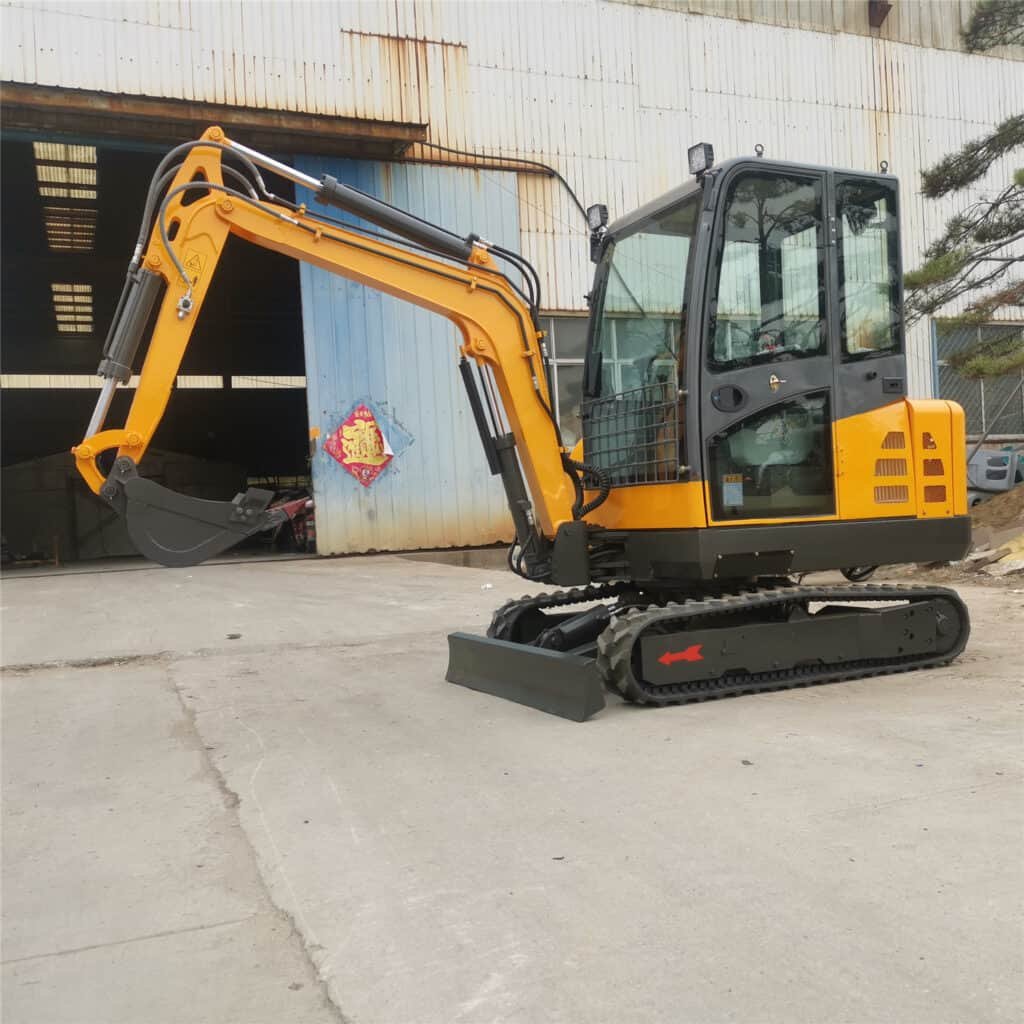
What Can Excavators Do?
Excavators are incredibly versatile and can perform a wide range of tasks. Here are some examples:
- Digging: Excavators excel at digging trenches, foundations, and holes of varying depths and sizes. They can remove large volumes of earth efficiently, even in the toughest ground conditions.
- Lifting and Placement: Equipped with specialized attachments such as grapples or forks, excavators can lift and move heavy objects like pipes, concrete blocks, or steel beams with precision.
- Demolition: With their powerful arms and hydraulic capabilities, excavators are used extensively in demolition projects to bring down structures safely and efficiently.
- Landscaping: Excavators are invaluable for shaping and contouring landscapes, grading, and leveling ground, clearing vegetation, and creating ponds or ditches.
- Mining and Quarrying: In mining operations, excavators are used to extract minerals, ores, and rocks from the earth. They can handle large quantities of material and load it onto trucks for transport.
- Snow Removal: In colder regions, excavators equipped with snow blades or snow blowers are employed to clear roads, parking lots, and sidewalks during winter.
How are Excavators Controlled?
Excavators are controlled by skilled operators who manipulate joysticks and pedals inside the machine’s cabin. The operator’s movements are translated into precise actions through hydraulic systems, which power the machine’s various functions like digging, lifting, and rotating. Modern excavators often feature advanced technologies, such as GPS and telematics, to improve efficiency and productivity.
What Safety Considerations Should Be Taken?
Safety is of utmost importance when operating or working around excavators. Here are some essential safety considerations:
- Operator Training: Operators should receive thorough training on excavator operation, including safety protocols and best practices.
- inspections are crucial to ensure the excavator’s optimal performance and safety. This includes checking hydraulic systems, tracks or wheels, safety features, and attachments.
- Proper Use of Safety Gear: All personnel involved in excavator operations should wear appropriate personal protective equipment (PPE) such as hard hats, high-visibility vests, safety glasses, and steel-toed boots.
- Clear Communication: Establish clear communication protocols between the operator and ground personnel. Hand signals or two-way radios can be used to ensure effective communication during tasks.
- Excavation Site Safety: Prior to starting any excavation work, it is essential to identify and mark underground utilities to prevent accidental damage. Adequate barriers and signage should be placed to prevent unauthorized access to the site.
- Stability and Slope Safety: Excavators should be operated on stable ground to prevent tipping or sliding. When working on slopes, proper precautions such as using support structures or grading techniques must be implemented to ensure stability.
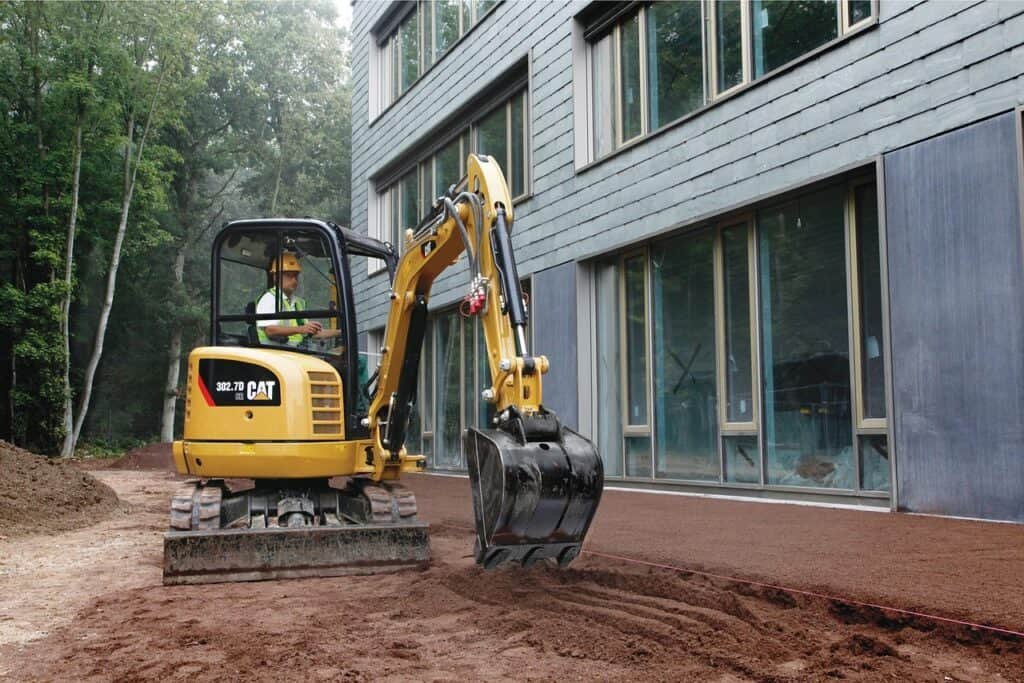
What Factors Should Be Considered When Choosing an Excavator?
When selecting an excavator for a specific project, several factors should be taken into account:
- Size and Capacity: The size of the excavator should match the scope and scale of the project. Consider the required digging depth, lifting capacity, and reach to ensure optimal performance.
- Terrain and Accessibility: Evaluate the terrain conditions and the accessibility of the site. Crawler excavators are suitable for uneven or soft ground, while wheel excavators excel on hard surfaces.
- Attachments: Different attachments, such as buckets, hammers, or grapples, can expand an excavator’s capabilities. Consider the availability and compatibility of attachments based on the project requirements.
- Fuel Efficiency: Operating costs are an important consideration. Look for excavators with fuel-efficient engines and advanced technologies like hybrid systems to reduce fuel consumption and minimize environmental impact.
- Operator Comfort and Safety: A comfortable and ergonomic cabin design contributes to operator efficiency and safety. Features like adjustable seats, climate control, and visibility-enhancing technologies improve operator comfort and reduce fatigue.
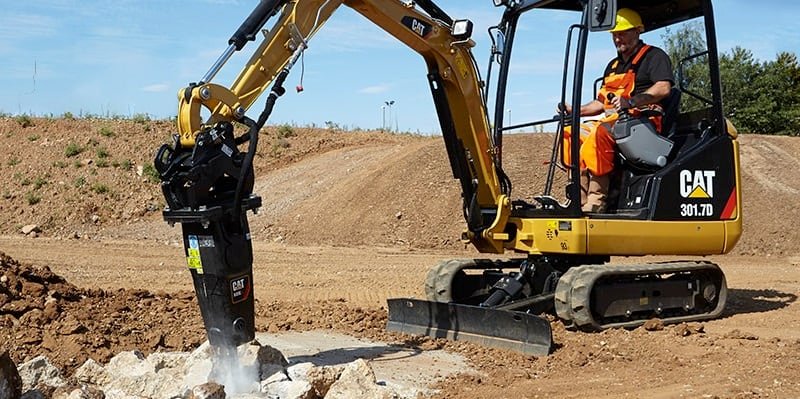
How Can Excavators Contribute to Environmental Sustainability?
Excavators play a role in promoting environmental sustainability through various means:
- Fuel Efficiency: Advancements in engine technologies and hybrid systems have improved fuel efficiency, reducing carbon emissions and environmental impact.
- Noise Reduction: Manufacturers are investing in quieter hydraulic systems and noise-reducing technologies to minimize noise pollution in urban and residential areas.
- Attachment Versatility: By utilizing specific attachments, excavators can perform tasks with greater precision and efficiency, reducing material waste and environmental impact.
- Site Restoration: Excavators can be used for land reclamation and restoration projects, ensuring that disturbed areas are rehabilitated and returned to their natural state after construction or mining activities.
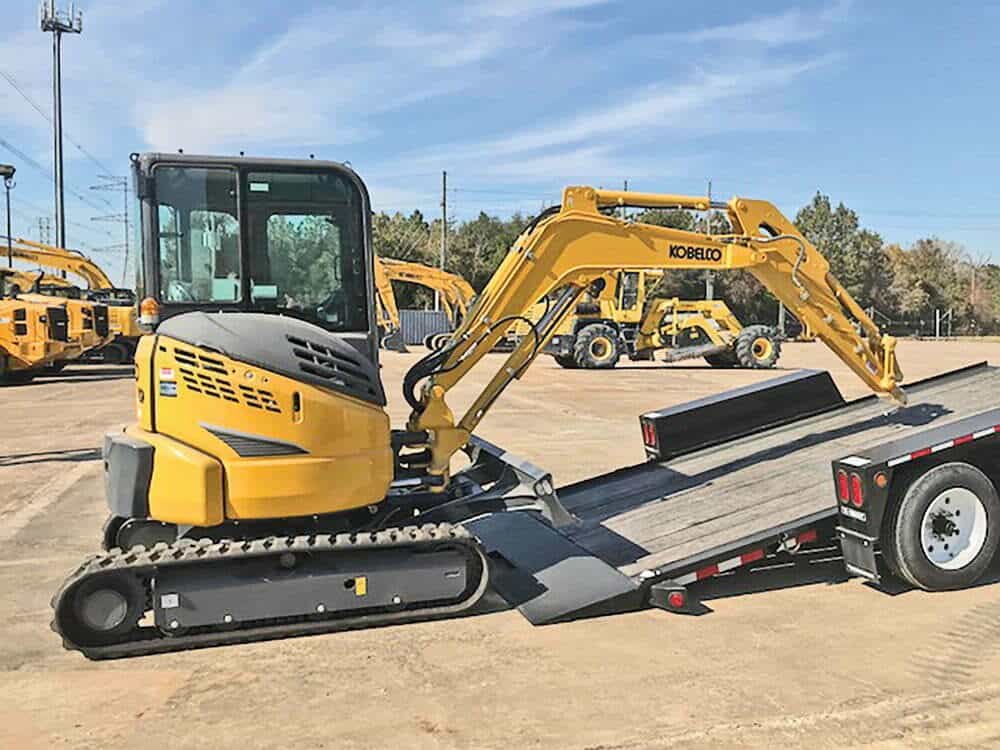
Conclusion:
Excavators are undoubtedly impressive machines that have revolutionized construction, mining, and various other industries. Understanding their capabilities, types, and safety considerations is crucial for anyone involved in these fields. By exploring the frequently asked questions about excavators, we’ve provided you with a detailed and comprehensive overview. Remember, whether it’s digging deep into the earth or shaping the world around us, excavators continue to be indispensable tools in modern civilization’s development. For more information, please contact us for free.

